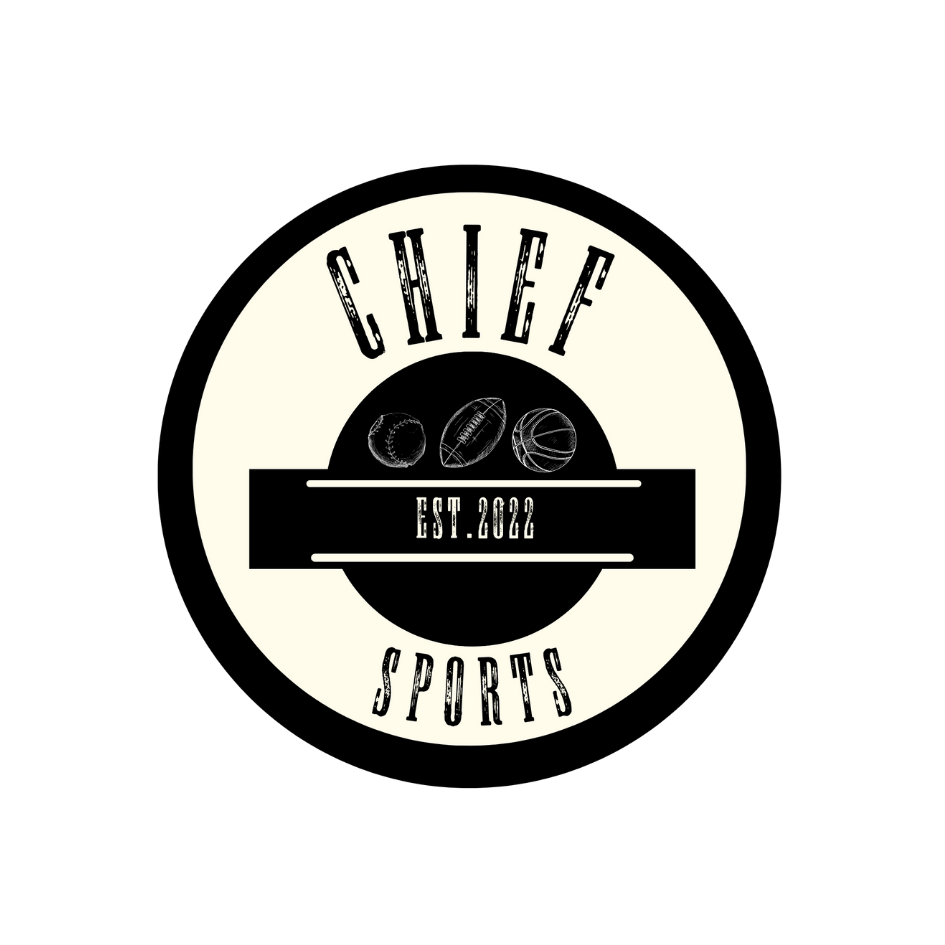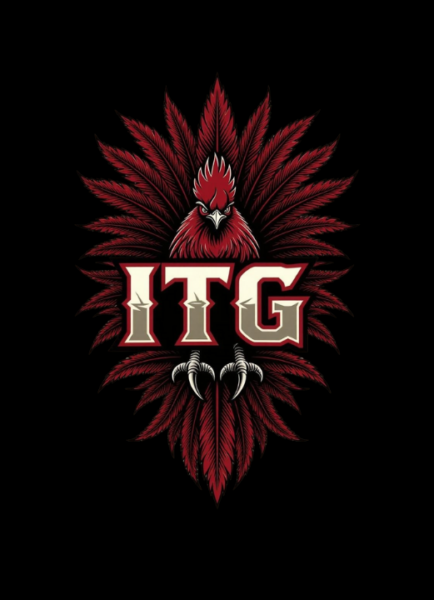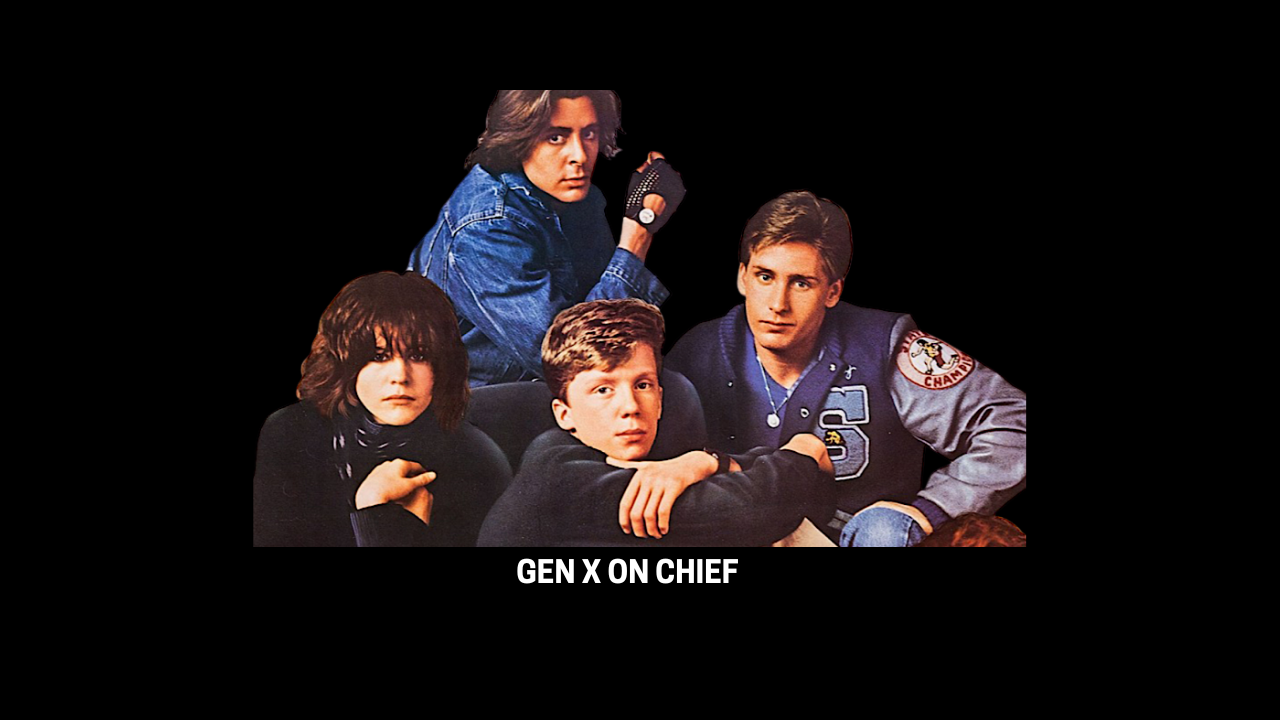Ranking the Top 10 John Hughes Movies from the 1980s
John Hughes, born in 1950, became synonymous with 1980s youth culture through his sharp, empathetic storytelling. Starting as a writer for National Lampoon magazine, he broke into Hollywood with scripts like National Lampoon’s Vacation (1983) and Mr. Mom (1983), which showcased his knack for blending slapstick humor with relatable family dynamics. By 1984, he transitioned to directing with Sixteen Candles, launching a string of iconic teen films that defined a generation. Hughes’ movies often explored themes of social class, teenage rebellion, identity crises, and the awkward transition to adulthood, frequently starring the “Brat Pack”—actors like Molly Ringwald, Anthony Michael Hall, and Emilio Estevez. His work wasn’t limited to teens; he also crafted adult comedies like Planes, Trains and Automobiles. Hughes directed eight films in total, but his writing and producing credits expanded his influence across dozens more. Though he stepped back from Hollywood in the 1990s and passed away in 2009 at age 59, his films remain cultural touchstones, inspiring tributes at events like the 2010 Oscars. This ranking focuses on his 1980s output—films he directed, wrote, or produced—based on a synthesis of critical consensus, Rotten Tomatoes scores, cultural impact, and enduring popularity. From heartfelt coming-of-age tales to chaotic comedies, here’s our top 10, counted down from good to greatest.
10. The Great Outdoors (1988)
Directed by Howard Deutch and written by John Hughes, The Great Outdoors stars John Candy as Chet Ripley, a mild-mannered family man whose peaceful lakeside vacation is upended by the arrival of his boorish brother-in-law Roman (Dan Aykroyd) and his family. What ensues is a series of comedic mishaps involving bears, bats, and family feuds, all set against the backdrop of a rustic resort. Hughes’ script shines in its portrayal of clashing personalities and the absurdities of family bonding, with Candy and Aykroyd’s chemistry driving the laughs. While not as critically acclaimed as Hughes’ teen-focused works—holding a modest 40% on Rotten Tomatoes—this film captures the era’s love for broad, outdoor slapstick comedy. Its cultural impact lies in memorable scenes like the “bear in the cabin” chaos, which influenced later family vacation films. Ranked lower due to its formulaic plot and lack of depth compared to Hughes’ more personal stories, it’s still a fun, underrated gem for fans of 80s buddy comedies. BrooklynVegan’s soundtrack ranking places it at the bottom of Hughes’ 80s films for its music, but the humor holds up for lighthearted viewing.
RELATED: The emptiness of the final episode of ALF
9. She’s Having a Baby (1988)
John Hughes wrote and directed this romantic comedy-drama starring Kevin Bacon as Jake Briggs, a young advertising copywriter navigating the uncertainties of marriage and impending fatherhood with his wife Kristy (Elizabeth McGovern). The film chronicles their journey from wedding day jitters to the chaos of suburban life, interspersed with fantasy sequences featuring cameos from stars like Kirstie Alley and Bill Murray. Hughes draws from his own experiences as a new parent, infusing the story with authentic anxiety about adulthood and commitment. With a Rotten Tomatoes score of around 40%, it’s often critiqued for its uneven tone—shifting between screwball humor and poignant drama—but praised for Bacon’s relatable performance. Culturally, it marked Hughes’ shift toward adult themes, foreshadowing his later retreat from teen films. MovieMaker ranks it sixth among his directorial efforts, noting its breezy charm despite flaws. It earns its spot here for exploring post-teen life in the 80s, though it lacks the iconic quotability of his high school classics.
8. Some Kind of Wonderful (1987)
Written and produced by Hughes, directed by Howard Deutch, this teen romance features Eric Stoltz as Keith, a working-class artist pining for the popular Amanda (Lea Thompson), while overlooking his tomboy best friend Watts (Mary Stuart Masterson). The plot delves into class divides, unrequited love, and self-discovery, culminating in a heartfelt prom night resolution. Hughes flips the gender dynamics of his earlier Pretty in Pink, creating a more satisfying ending that emphasizes friendship over superficial romance. Boasting a 79% on Rotten Tomatoes and certified fresh status, it’s lauded for its strong performances and emotional depth, though some critics note its predictability. Culturally, it reinforced Hughes’ trope of underdogs triumphing over social barriers, influencing 90s rom-coms. Slashfilm ranks it 10th overall, appreciating its warmth. It sits here as a solid entry, elevated by Masterson’s standout role but outshone by Hughes’ more original directorial visions.
7. Weird Science (1985)
Hughes wrote and directed this sci-fi comedy about two nerdy teens, Gary (Anthony Michael Hall) and Wyatt (Ilan Mitchell-Smith), who use a computer to create the perfect woman, Lisa (Kelly LeBrock), leading to wild adventures involving parties, bullies, and mutant bikers. Blending Frankenstein tropes with 80s tech fantasy, the film is a raucous exploration of adolescent desires and empowerment. With a 59% Rotten Tomatoes score, it’s divisive—praised for its absurdity and Oingo Boingo soundtrack but criticized for dated humor and objectification. MovieMaker places it fourth among his directed films, calling it “silly and lowbrow but effective.” Its cultural legacy includes iconic lines like “How about a nice greasy pork sandwich served in a dirty ashtray?” and influence on teen fantasy genres. Ranked mid-list for its entertainment value, it exemplifies Hughes’ playful side amid his more serious teen dramas.
6. Pretty in Pink (1986)
Hughes wrote and produced this classic, directed by Howard Deutch, starring Molly Ringwald as Andie, a quirky girl from the wrong side of the tracks who falls for wealthy Blane (Andrew McCarthy), straining her friendship with Duckie (Jon Cryer). The story tackles classism, peer pressure, and first love, set to a killer new wave soundtrack featuring The Psychedelic Furs. Earning 77% on Rotten Tomatoes, it’s celebrated for Ringwald’s performance and the iconic prom dress scene, though the original ending was altered for audiences. Slashfilm ranks it 12th (higher in their list meaning better), noting its emotional resonance. Culturally, it defined 80s fashion and romance, inspiring remakes and references in shows like Riverdale. It lands here for its heartfelt narrative, though some view it as less innovative than Hughes’ directed works.
5. Uncle Buck (1989)
Hughes wrote and directed this family comedy with John Candy as the titular slob uncle tasked with babysitting his nieces and nephew during a family crisis. Buck’s chaotic methods—giant pancakes, bowling ball antics—clash with teenage rebellion from Tia (Jean Louisa Kelly), leading to growth for all. With a 61% Rotten Tomatoes score, it’s beloved for Candy’s warm-hearted portrayal and humor, though critiqued for sentimentality. MovieMaker ranks it third among directed films, highlighting its cult status among millennials. Its impact includes memorable quotes and influence on babysitter comedies like Mrs. Doubtfire. Placed fifth for balancing laughs with heart, it’s a late-80s highlight of Hughes’ versatility.
RELATED: The King of the Hill Revival is a smash
4. Sixteen Candles (1984)
Hughes’ directorial debut stars Molly Ringwald as Samantha, whose 16th birthday is forgotten amid her sister’s wedding, compounded by a crush on Jake (Michael Schoeffling) and unwanted attention from The Geek (Anthony Michael Hall). The film mixes awkward humor with teen longing, featuring infamous scenes like the foreign exchange student subplot. At 81% on Rotten Tomatoes, it’s iconic despite problematic elements that haven’t aged well. Gold Derby and others often rank it highly for launching the Brat Pack era. Culturally, it set the template for Hughes’ teen films, with lines like “What’s happenin’, hot stuff?” entering pop culture. It ranks fourth for its pioneering spirit and charm.
3. Planes, Trains and Automobiles (1987)
Hughes wrote, directed, and produced this holiday comedy starring Steve Martin as uptight Neal and John Candy as boisterous Del, whose travel mishaps force them together en route to Thanksgiving. The film blends farce with touching moments of vulnerability, exploring friendship and gratitude. Boasting 91% on Rotten Tomatoes, it’s often called Hughes’ best adult film, with MovieMaker ranking it first among his directed works. Its cultural endurance includes annual TV airings and memes from the “those aren’t pillows” scene. Third place reflects its masterful comedy and emotional depth.
2. The Breakfast Club (1985)
Hughes’ seminal directed film locks five high school stereotypes—the jock (Emilio Estevez), princess (Molly Ringwald), brain (Anthony Michael Hall), criminal (Judd Nelson), and basket case (Ally Sheedy)—in detention, where they dismantle barriers through raw conversations. Themes of parental pressure and identity resonate deeply. With 89% on Rotten Tomatoes, Gold Derby ranks it first overall, praising its insight. Iconic for the fist-pump ending and Simple Minds’ “Don’t You (Forget About Me),” it defined 80s teen angst and inspired countless parodies. Second for its profound impact.
1. Ferris Bueller’s Day Off (1986)
Topping our list is Hughes’ directed masterpiece, with Matthew Broderick as Ferris, who skips school for a Chicago adventure with friends Cameron (Alan Ruck) and Sloane (Mia Sara), evading Principal Rooney (Jeffrey Jones). The film celebrates rebellion and living in the moment, with fourth-wall breaks and the parade scene stealing hearts. At 79% on Rotten Tomatoes, Slashfilm ranks it first, lauding its joy. Culturally, it’s endlessly quotable—”Life moves pretty fast”—and influenced truancy tales like Booksmart. Number one for its infectious energy and timeless message.
John Hughes’ 1980s films captured the era’s spirit, blending humor with humanity. While rankings are subjective, these stand out for their lasting appeal. Revisit them to relive the magic.
(Word count: 1,256)







